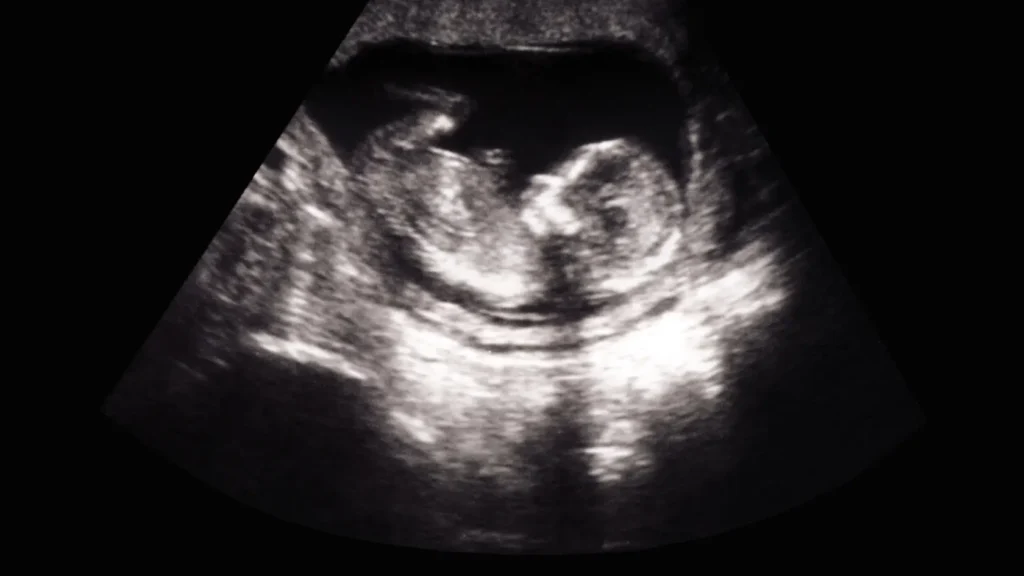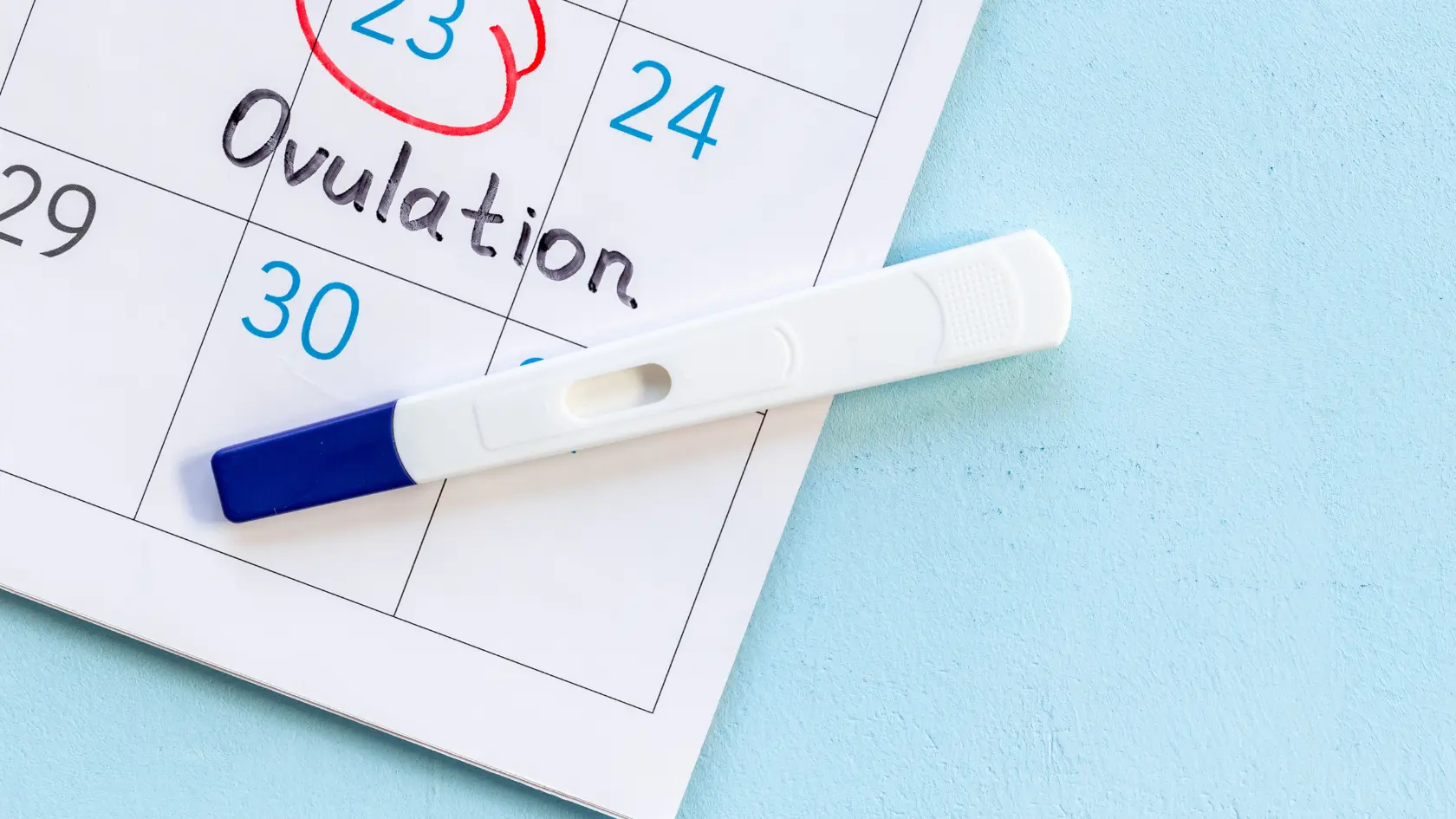If you’re wondering how long to wait if baby is not moving in the third trimester, this guide will give you all the answers you need, along with expert advice to ensure both you and your baby are safe.
Table of Contents
- Understanding Baby Movements in the Third Trimester
- How Long to Wait If Baby Not Moving in Third Trimester?
- When to Call Your Doctor If Baby Not Moving in Third Trimester
- Why You Shouldn’t Wait Too Long If Baby Not Moving in Third Trimester
- Monitoring Your Baby’s Movement in the Third Trimester
- Can Stress Affect a Baby’s Movement?
- Conclusion: How Long to Wait If Baby Not Moving in Third Trimester
- FAQ: How Long to Wait If Baby Not Moving
Understanding Baby Movements in the Third Trimester
Before diving into what to do when your baby isn’t moving as expected, it’s important to understand what’s normal for the third trimester. It will help to understand how long to wait if baby is not moving later. At this stage of pregnancy, your baby is more developed, and their movements may include kicks, rolls, hiccups, and stretching. Some babies tend to be more active than others, and the frequency of movements can vary throughout the day.
Why Do Baby Movements Slow Down?
Before starting discussion on how long to wait if baby not moving, it is important to know whats the reason behind baby slows down it’s movement. As your pregnancy progresses, your baby may not have as much room to move around as they did earlier in the pregnancy. This is normal and doesn’t necessarily mean there is a problem. However, it’s important to be aware of any significant changes in your baby’s movements, especially in the third trimester, when you’re likely to be feeling more discomfort and stress.
How Long to Wait If Baby Not Moving in Third Trimester?

If you notice a decrease in movement, the first thing to remember is to try not to panic. To decide how long to wait if baby is not moving in the third trimester needs assessment. In many cases, changes in movement patterns are temporary and harmless. But, it’s still important to monitor the situation closely.
Initial Steps to Take:
- Rest and Relax: Sometimes, your baby may be resting or less active when you’re moving around, especially if you’re busy or stressed. Try lying down in a quiet, comfortable room, and focus on feeling for movement. Avoid distractions and give yourself some time to connect with your baby, allowing their usual activity patterns to resume.
- Drink Something Cold: Drinking cold water or a sugary drink like fruit juice can sometimes encourage your baby to move, as the change in temperature can wake them up. You may also try a cold beverage along with a small snack to stimulate activity. Ensure the drink is not too cold to avoid discomfort.
- Gently Wake Your Baby: Gently press on your belly or talk to your baby to see if you can prompt movement. Some babies respond well to light tapping or gentle prodding, while others react to your voice. Try to remain calm and avoid any forceful contact, as it’s essential to be gentle and patient during this process.
In case you still do not feel any movement after these techniques, you should take one step ahead.
When to Call Your Doctor If Baby Not Moving in Third Trimester
It’s important to trust your instincts and contact your healthcare provider if you feel something isn’t quite right with your baby’s movements. If any of the following apply to your situation, it’s crucial to call your doctor or midwife immediately:
- No Movement for More Than Two Hours: When you have rested, consumed something cool, or relaxed, and you continue to fail to see any movement after taking longer than two hours, it is high time you call on your doctor.
- Sudden, Dramatic Reduction in Movement: If you usually feel your baby moving regularly and notice a significant decrease in their typical activity patterns, don’t wait to call. A sudden change in movement can sometimes indicate an issue, even if it’s temporary.
- Concern About Your Baby’s Well-being: There is no better time to consult with a doctor than when you feel concerned about the welfare of your baby, even when it is difficult to know the reason.
Why You Shouldn’t Wait Too Long If Baby Not Moving in Third Trimester

There should be no delay if you are worried about your baby’s movements. How long to wait if the baby is not moving in the third trimester largely depends on the situation, but it’s always better to err on the side of caution. The lack of fetal movement is sometimes a sign of a cord problem, growth and other complications in the fetus that require immediate response.
Signs of Potential Problems When Baby Stops Moving
When the movements of your baby are altered greatly or you have other abnormal symptoms, then the possibility of a complication needs to be taken into account. The following are some of the signs to be kept in mind:
Severe Abdominal Pain:
It may be a sign of a severe complication, such as placental abruption, where the placenta detaches itself from the uterine wall, or preeclampsia, which is high blood pressure. These conditions may cause complications for you and your baby, and immediate medical care is necessary. In case the pain is severe, persistent, or has other symptoms, do not be afraid to seek assistance.
Swelling in Your Hands, Feet, or Face:
This could be indicative of hypertension or of preeclampsia, particularly when the swelling occurs abruptly and is accompanied with other symptoms such as the presence of protein in the urine. However, pregnant swelling is normal, but occasionally it is an indication of a more serious condition that involves your well-being and that of your baby. Talk to your medical expert to eliminate complications.
Severe Headache or Blurred Vision:
Once again, this may be associated with preeclampsia, which is a condition that leads to high blood pressure and may impair your vision and health in general. Constant or intense headaches, visual impairment or sighting spots could be the signal that blood pressure is dangerously high and needs to be looked into as soon as possible to avoid additional troubles, such as stroke or organ injury.
Vaginal Bleeding:
The appearance of spotting or heavier bleeding may indicate such problems as placenta previa, in which the placenta is implanted too low in the uterus, or placental abruption, in which the placenta prematurely separates. The two conditions should be treated with urgency because of the complications that they may cause to both the mother and the baby, such as premature birth or fetal distress.
Monitoring Your Baby’s Movement in the Third Trimester
It is important to know the normal pattern of movements of your baby. Notice when they tend to be active and how frequently you notice that they move. An effective way to keep track of movements so that your baby is healthy is by counting kicks.
How to Count Fetal Movements

The fetal movements are an easy and efficient method of monitoring the health of your baby, particularly during late pregnancy. The technique aims to assist you in observing any alterations in the normal movement patterns of your baby. Here’s how you can do it:
Pick a Time of Day When Your Baby Is Usually Active:
Choose a time when your baby tends to be most active. For many women, this might be after meals when the baby is more awake, or in the evening when you’ve settled down for the night. The idea is to count when the baby is typically moving so you can compare it to your baby’s usual activity.
Lie on Your Side in a Quiet Space:
Locate a quiet and peaceful environment where you are able to pay attention to the activities of your baby without being distracted. The position of lying on your back is better to cause the blood to flow to your baby and to make it easier to move. Attempt to remain calm and composed to make sure that you are paying full attention to the movements.
Count How Long It Takes for You to Feel 10 Movements:
Start counting the movements you feel, whether they are kicks, rolls, or stretches. You should keep track of how long it takes to feel 10 distinct movements. Typically, it should take about two hours to feel 10 movements. If you don’t reach 10 movements in that time or if you feel no movement at all, contact your doctor.
If It Takes Longer or You Don’t Feel Anything, Contact Your Doctor:
If you don’t feel 10 movements within two hours, or if there are any concerns about the quality or frequency of movements, call your healthcare provider. It’s always better to get checked out if something feels off.
Tips for Improving the Accuracy of Your Kick Count
To improve the accuracy of your fetal kick count and ensure you’re getting the most reliable results, here are a few helpful tips:
- Be in a Calm, Quiet Place: Make sure to be in a quiet and food-free space where you can pay full attention to the baby’s movement without the distraction of anything. The presence of stress, noise, or background can increase the difficulty in noticing the subtle movements of your baby.
- Drink Something Cold or Eat a Snack to Wake Your Baby Up: If your baby is not being as active as usual, try drinking something cold, like a glass of water or juice. The temperature change can sometimes wake your baby up. Eating a light snack can also help, as it gives your baby more energy, potentially prompting them to move more.
- Stay Still and Relax: Kick counting can be done while resting and relaxing in a comfortable position. It is sometimes easier to notice movement when you are not moving. Be careful not to move or do any form of activity, which may increase the difficulty in tracking the movements of the baby.
The Role of Ultrasound and Monitoring Tests

In most cases, your doctor will ask you to come in for a checkup to evaluate your baby’s condition. They may perform a few non-invasive tests to assess the baby’s health and movements, such as:
- Non-Stress Test (NST): This test monitors your baby’s heart rate in response to their movements. It’s often used to check for signs of distress, as it helps doctors assess how well the baby is handling their environment.
- Ultrasound: An ultrasound may be done to examine your baby’s movements, position, and the amount of amniotic fluid surrounding them. It gives the healthcare team a better idea of your baby’s overall health and development.
Can Stress Affect a Baby’s Movement?
Yes, some cases of fetal movement are sometimes induced by stress. As much as it is normal for pregnant individuals to undergo stress, it is essential to handle anxiety and take a nap when necessary. The third trimester may be vulnerable to chronic stress, which may impact you and your baby alike.
Managing Stress During Pregnancy
- Practice relaxation techniques: Meditation, deep breathing exercises, and yoga can be used to alleviate stress.
- Stay active: Gentle exercise, such as walking, can help to improve blood circulation and help relax.
- Talk to someone: Sometimes all you need is to talk about your worries with a friend, family member or a therapist, which can relax you.
Conclusion: How Long to Wait If Baby Not Moving in Third Trimester
If you’re wondering how long to wait if baby not moving in third trimester, the key takeaway is not to wait too long. Although a reduction in motion may be normal, it is always advisable to consult a doctor whenever you are worried. You can also be sure that you and your baby will all remain healthy through this very important period of pregnancy by tracking the movements of your baby, remaining calm, and understanding that there will always be a time to seek help.
FAQ: How Long to Wait If Baby Not Moving
1. How long should I wait before contacting my doctor if my baby isn’t moving?
You should contact your doctor if you notice no movement for two hours or if you feel a dramatic reduction in movement. It’s always better to check with a professional.
2. Can stress cause my baby to stop moving?
Stress can sometimes reduce your baby’s movements. It’s important to practice relaxation techniques and rest when needed.
3. What tests might my doctor perform if my baby isn’t moving?
Your doctor may perform a non-stress test (NST) or an ultrasound to assess your baby’s health and movements.
4. Is it normal for my baby’s movements to change in the third trimester?
Yes, as your baby grows and has less space, movements may change. However, if the pattern drastically reduces or stops, seek medical advice.
5. Should I count fetal movements every day?
Yes, counting fetal movements can help you understand your baby’s typical patterns and notice any changes. It’s best to count once a day during a time when your baby is usually active.
Explore more on Pregnancy Must –








